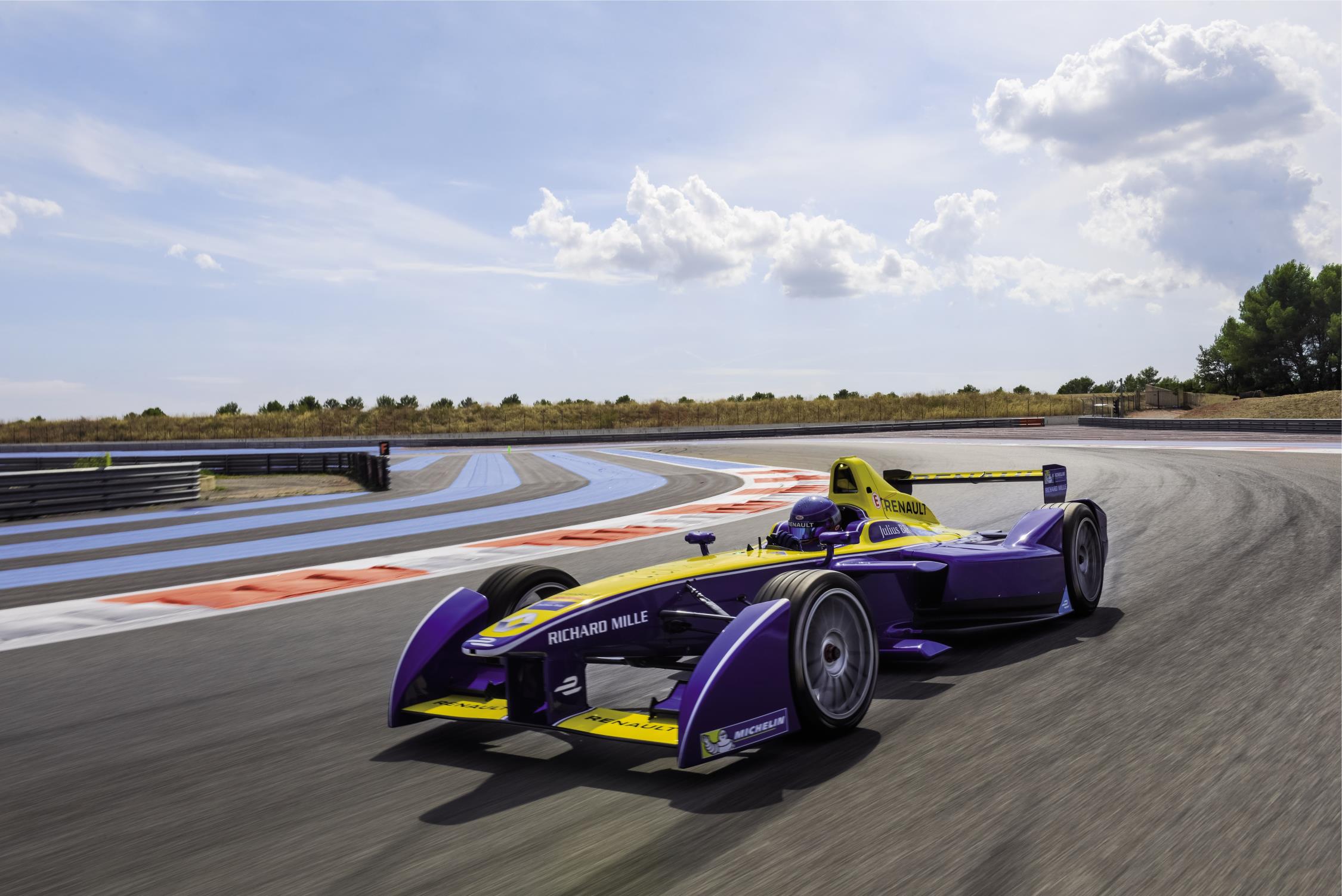And that’s because governments are getting tough on emissions and climate change.
This summer two major European countries – France and then the UK – said that they’d be banning the sales of new petrol and diesel cars in the not-too-distant future.
And so things have just got serious.
Here we look at what’s changing, why it’s changing and what the future holds. If you’re looking for a new car visit www.exchangeandmart.co.uk and www.s1cars.com
Why does it all seem to be ramping up now?
While most car makers have been working away on an electric future for some years – most offer at least one model already – things have taken on a renewed impetus because two major European countries have made landmark announcements.
Both the UK and France have said that they will ban the sale of new petrol and diesel cars by 2040 in a bid to clean up the atmosphere.
This is a big deal – given that electric cars still make up a relatively small slice of car sales things have got to change pretty quickly.
Who’s doing what?
All of a sudden some of the biggest manufacturers in the world seem to be making landmark announcements when it comes to electric.
In the past month or two a lot of the big names have set out their stalls for the future. Mercedes says it plans to sell electric cars in the future and they’ll be branded as EQ models. The firm has already unveiled its EQ concept SUV and is rumoured to be showing off a hatchback at the Frankfurt Motor Show in September. Production won’t be far off – likely 2019.

BMW is going all out, too. In July it said: “The company has announced that all brands and model series can be electrified, with a full-electric or plug-in hybrid drivetrain being offered in addition to the combustion engine option, “Additional electrified models will be brought to market in the coming years and beyond 2020, the company’s next generation vehicle architecture will enable further fully-electric vehicles.” It’s also said that the new fully electric MINI will go into production in 2019 – at the plant in Oxford – meaning that the range will include electric, petrol, diesel and a plug-in hybrid.

Volvo, as we’ve already reported, has said that every new car it launches from 2019 will have an electric motor. It’ll mean a mix of fully electric, hybrid and plug-in hybrid cars. It will launch five fully electric cars between 2019 and 2021, three of which will be Volvo models and two of which will be high-performance electrified cars from Polestar, Volvo Cars’ performance car arm.

Even the performance brands are on board, with Porsche progressing its use of electricity further from its 918 hybrid supercar. The Porsche Mission E is set to be in production in the next few years, with prototypes built and summer testing being done before harsh winter testing gets under way. Porsche says the car will sit below the Panamera and will manage a 300+ mile range and charge in just 15 minutes. And this is no cheap stunt to lower average brand emissions – Porsche wants to sell 20,000 a year and is planning a high-performance version too.
Tesla, meanwhile – the firm that was there on the ground floor when it came to building sporty electric cars with a decent range – continues its development apace with the Model X and Model 3 complementing its ground-breaking Model S.

These are just some of the more recent game-changing announcements, of course. As we know, practically every manufacturer has an electric model, or at least a hybrid, in their current range and that will only grow.
And motorsport is changing too
It’s long been said in car circles that if you win on a Sunday, you sell on a Monday. And it clearly still stands, as manufacturers are making big moves with their motorsport participation.
Everyone is piling into Formula E – the all-electric single-seater race series. Audi, DS, Jaguar and Renault are already there and they’re set to be joined in 2019 by Mercedes-Benz. Fiat is also looking to join Formula E – most likely before 2022, racing under either Fiat, Alfa Romeo or Maserati.

Perhaps even more significant is the fact that Mercedes is leaving its home country’s touring car series – the DTM – at the end of 2018, while Porsche is leaving the World Endurance Championship to focus on its electric future. And there’s a whole new series coming too – The Electric GT Championship. It’s due to launch in November 27, with teams using a modified Tesla P100D Model S – though it’s open to other manufacturers, who are sure to join later on.
So what’s next?
Expect more announcements as the big players vie to stay one step ahead of each other. This is just the beginning – electric cars are going to get better and better. We can expect to see faster charging times, longer ranges and more exciting performance. We’ve already seen that electric doesn’t have to mean boring – far from it. The future is different, sure, but it doesn’t have to be any less exciting.
It really is a seminal time in the history of cars.